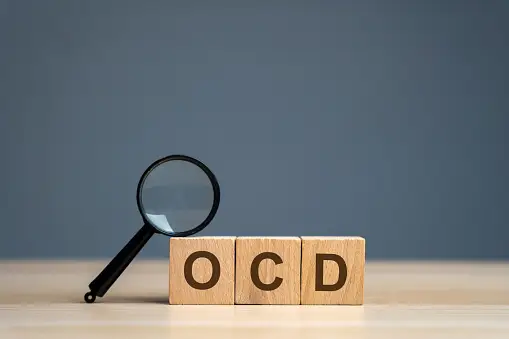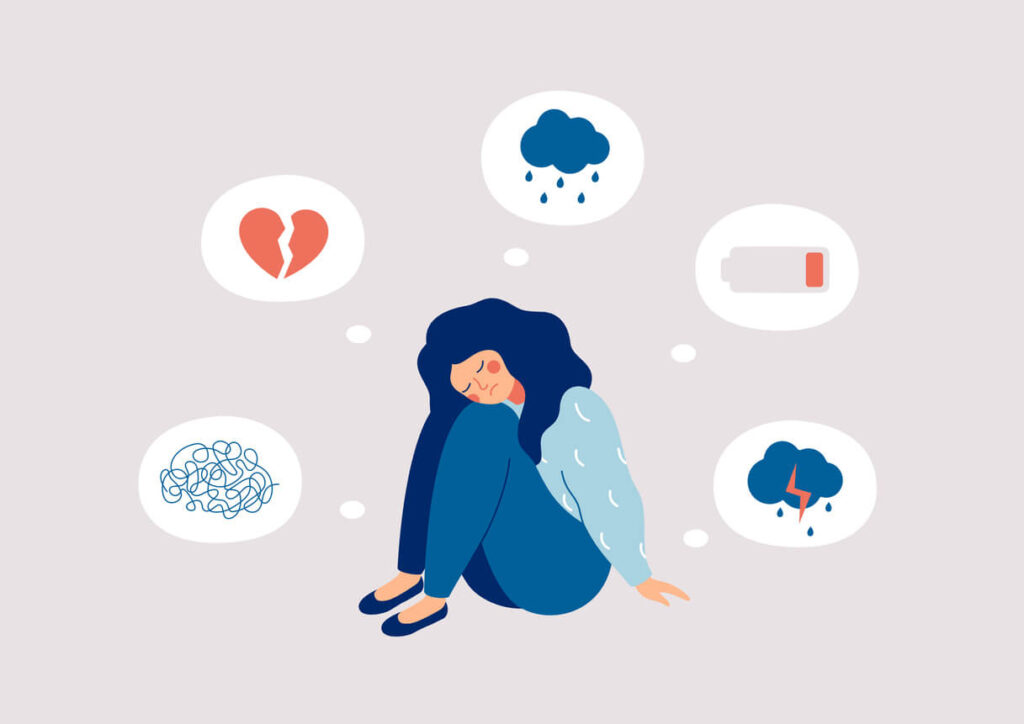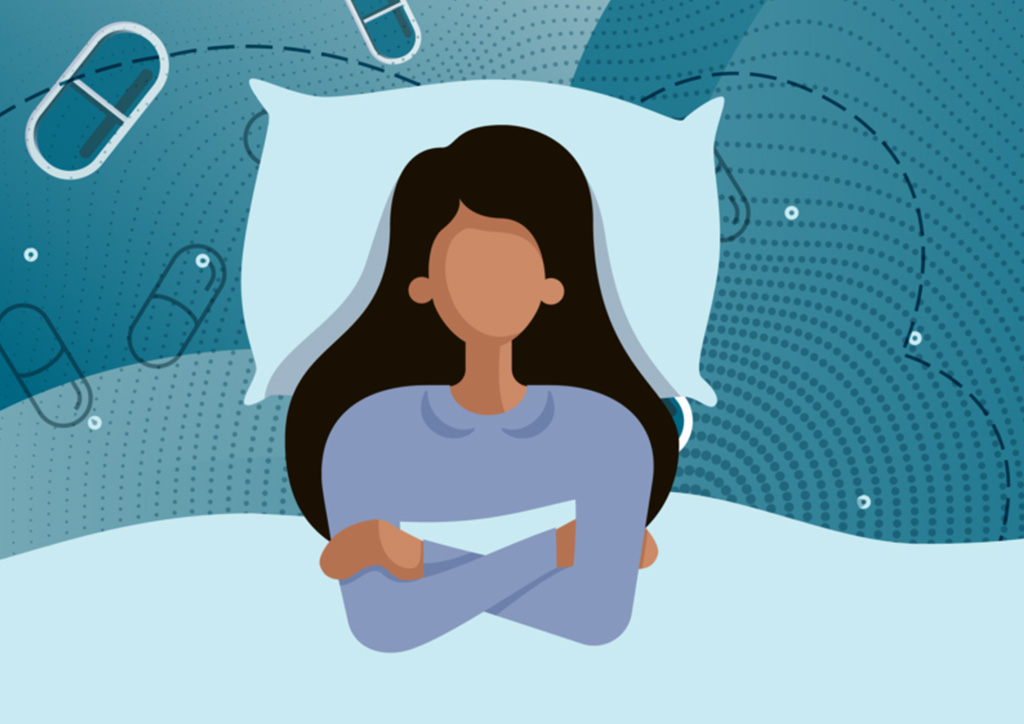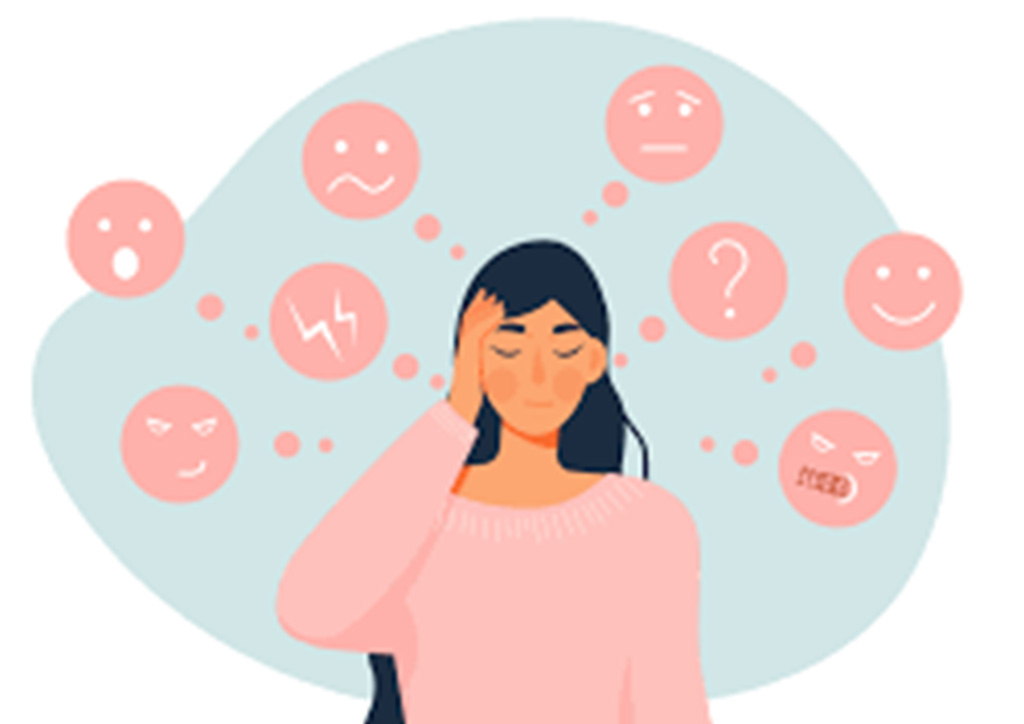Our Services
Insight Mental Wellness, located in San Antonio, Texas, USA, is a leading group practice offering a comprehensive range of mental health services. Our expert team provides specialized care, including medication management, psychotherapy sessions, psychological evaluation, and advanced therapeutic services such as rTMS, Genetic testing, Alfa Stim, Spravato (Esketamine), and Medication-Assisted Treatment (Suboxone) for children (from age 9), adolescents, adults, and the geriatric population.
As dedicated providers and clinicians, our goal is to collaborate with you on an individual basis to develop successful treatment plans that ensure improvements in the quality of life and stability of your mental and overall health.
At Insight Mental Wellness, we also offer second opinions on diagnoses and treatment modalities. Our services encompass the first appointment, which is your intake session. This focuses on gathering biopsychosocial information to facilitate your treatment. Conducted by approved clinic staff/aids and reviewed and finalized by the clinic provider/clinician for a preliminary diagnosis, this session covers areas such as your medical history, medications, social background, substance use, family history, hospitalizations, and the reason for your visit. Please note that no medication management is conducted during this session.
To ensure a smooth process, it’s essential to complete all paperwork and provide necessary documents and IDs before your visit. Failure to do so may result in rescheduling or a no-show fee, as per clinic policy. The intake session typically ranges from 20-30 minutes, laying the foundation for your personalized and effective mental health treatment at Insight Mental Wellness.”

Personalized medication management
During this appointment, your provider will focus on you while reviewing and discussing your intake information to assist in formulating diagnosis and facilitating a successful treatment plan. The provider will work collaboratively with you to come up with recommendations on a successful treatment plan for optimal health.
When the treatment plan includes the use of prescription medication/over the counter (OTC)/ or supplements medication, your provider will discuss with you the nature of your disorder, the reason for the medication, and any possible alternative treatments such as advance therapeutic treatments.
As part of your treatment plan with medication management, you may be requested to complete certain laboratory testing(s). Depending on the form of treatment indicated or controlled medications prescribed, you will be required in accordance with the clinic policy to complete random procedures such as Genetic testing, Electroencephalogram (EEG), Electrocardiogram (EKG), Urine Toxicology Screening (typically random and based on provider discretion). You will be required to schedule and maintain a monthly appointment for controlled medication review and follow ups. Clinician as a standard practice
Initial psychiatric medication management range from 45-60 minutes and follow-up visits range from 20-30 minutes. This is a group practice, and your sessions may be conducted by any of our providers with specific review of your treatment plan for consistency of care.
Genetic testing may be considered to assist in identifying the medications that may offer you the best chances of recovery. It helps reduce the risk of polypharmacy.
Telepsychiatry Services
Televists are a form of video/audio conferencing that allows our providers and clinicians to provide services to you in the comfort of your own desired location, anywhere in the state of Texas with privacy. The Clinic will provide assess to secure HIPAA compliant conferencing medium at the time of your visit. While our server is secure and the video platform is HIPAA compliant, we cannot guarantee your confidentiality due to our inability to control your server or the environment in which you are joining the session. You must have a high-speed internet to permit for smooth session and click the link provided to you at the time of your appointment to enable the session.
The Clinic ensures that the interaction between every patient and his or her healthcare provider is completely secure and HIPAA compliant. The teleconferencing software instantly encrypts all forms of data, including video and audio.
With telemedicine, travel to our office — and the stress that accompanies it — is eliminated. In addition, telemedicine enables treatment continuity for patients who usually come to the office but are sick or traveling.
Please don’t hesitate to contact our office for more information and to determine if telemedicine/video medicine is a good choice for you.
Televisits based services and care may not yield the same results nor be as complete as face-to- face service for some patients. The need for in-person clinic visit can be determined by the provider/clinician based on necessity. If there is a conflict in treatment plan based on assessment, the clinic will refer you to a local clinic for continuation of care.


Psychological evaluations for ADHD, PTSD, Autism, and other forms of neuropsychological batteries
The testing process involves an initial personal assessment by the psychologist, completion of indicated batteries of psychological assessment, and a review of report(s). The total time of the evaluation may vary upon the identified testing (s). There may be moments of emotional distress during the testing process. You may indicate a need to pause the evaluation process at any time. A technical assistant often works with the psychologist in completing this process. The evaluation process if often split up by hours or days based on space availability.
Upon completion of the test(s), the psychologist prepares a report based on the information gathered from your testing.
Your report can be used to facilitate your overall treatment planning and medication management at the clinic. Your finalized report can also be shared with any parties desired with your written consent.
Conditions Commonly Evaluated Include:
- ADHD
- Asperger’s Disorder
- Autism Spectrum Disorder
- Developmental Delays/Disorders
- Dementias
- Dyslexia
- Executive Functioning
- Disorders
- Learning Disabilities
- Memory Impairments
- Intellectual Disability
- Personality Disorders
- Clarification on Psychiatric/Mental Health Disorders
- Various neurological and medical conditions (e.g., pre surgical/bariatric psychological evaluation) with potential neurocognitive effects.
Psychotherapy sessions for individual, couples, and family are now available at the clinic and via televisits.
Evidence based studies conclude that therapy along with medication management is an established form of effective treatment plan with mental health treatment. Our clinicians engage in various forms of specialty cares. A successful psychotherapy session entails building a good rapport with your clinician with active engagement and trust building over the course of your sessions. Our clinicians utilize behavioral modification techniques to foster healthy habits, Challenging beliefs, and Mindfulness.
Your first appointment will entail review of general information about your current situations, concerns, and goals for therapy. Based on your assessment, your clinician may suggest more than one approach or therapy technique. Therapy sessions are considered complete in agreement with the patient/guardian. There may be a phase out session or referral to another clinician depending on the patient progress or expressed desire.
Initial therapy sessions last 45-60 minutes and follow up sessions are between 30 minutes to 55 minutes (depending on your insurance benefits). Sessions are set for weekly, biweekly, or monthly based on medical necessity
Transcranial Magnetic Stimulation (rTMS): TMS (transcranial magnetic stimulation) Therapy was FDA-cleared in October 2008 for patients suffering from depression who have not achieved satisfactory improvement from prior antidepressant medications. Using pulsed magnetic fields, transcranial magnetic stimulation therapy stimulates the part of the brain thought to be involved with mood regulation.
Since the 1980s, transcranial magnetic stimulation has been used to study the nerve fibers that carry information about movements from the brain to the spinal cord and on to the muscles. In the late 1990s, physicians began to explore the therapeutic potential of transcranial magnetic stimulation for the treatment of a variety of diseases, with depression being the most thoroughly studied to date. Since then, more than 100 randomized, controlled trials studying transcranial magnetic stimulation as a treatment for depression have been conducted by investigators throughout the world.
TMS Therapy is a short outpatient procedure, performed in your psychiatrist’s office and supervision while you remain awake and alert. During TMS Therapy, a magnetic field is administered in very short pulses to the part of the brain that research has demonstrated to be associated with depression. The typical initial course of treatment is about 19-40 minutes, depending on what the doctor determines is the correct protocol, The treatment frequency is determined based on evaluation over 4-6 weeks.
The TMS Therapy system uses short pulses of magnetic fields to stimulate the area of the brain that is thought to function abnormally in patients with depression. The magnetic field produces an electric current in the brain that stimulates the brain cells (neurons). This results in changes that are thought to be beneficial in the treatment of depression.
TMS Therapy is:
Non-invasive, meaning that it does not involve surgery. It does not require any anesthesia or sedation, as the patient remains awake and alert during the treatment.
Non-systemic, meaning that it is not taken by mouth and does not circulate in the bloodstream throughout the body.
The intensity of the magnetic field is like that of the magnetic fields used in magnetic resonance imaging, or MRI. These techniques differ radically from the popular use of low intensity, static magnetic fields. These products deliver weak and undirected static fields that are not capable of activating brain cells.
In clinical trials, TMS Therapy was safely administered with and without other antidepressant medications.
What are the possible side effects?
TMS Therapy is non-systemic (does not circulate in the blood throughout the body), so it does not have side effects such as weight gain, sexual dysfunction, nausea, dry mouth, sedation, etc. The most common side effects reported during clinical trials were headache and scalp discomfort – generally mild to moderate – occurring less frequently after the first week of treatment.

OBSESSIVE-COMPULSIVE DISORDER (OCD)
Obsessive-Compulsive Disorder (OCD) involves distressing intrusive thoughts and repetitive behaviors to alleviate anxiety. Symptoms encompass various rituals like hand-washing, hoarding, and fixation on distressing thoughts, which can significantly impact one’s emotional and social life.

EATING DISORDERS
Eating disorder is a serious and often fatal illness. The patient is often preoccupied by obsessions with food, body weight, and shape. Types of eating disorders include anorexia nervosa, bulimia nervosa, and binge-eating disorder.

DEPRESSION
There are many types of depression. The disorder can be environmentally induced, biologically based, or hereditary. Evidence based studies suggest the most effective treatment plan requires both psychotherapy and medication management.

INSOMNIA
People with insomnia may have trouble falling asleep for hours, falling back to sleep, or may wake up too early in them morning. These are often accompanied with feelings of tiredness, grouchy, sleepy, or anxious when awake during the day.

POST-TRAUMATIC STRESS DISORDER (PTSD)
Post-Traumatic Stress Disorder is a disorder that can develop after exposure to a terrifying event or ordeal in which grave physical harm occurred or was threatened. People with PTSD have symptoms to include re-experience, such as flashbacks and nightmares; avoidance of stimuli associated with the trauma; and increased arousal, such as difficulty falling or staying asleep, anger and hypervigilance.

SCHIZO DISORDERS
There are many types of schizo disorder. The disorder can be environmentally induced, biologically based, or hereditary. Seeking treatment as soon as possible can be life saving for the patient safety and those around. Typical symptoms experienced include delusion, paranoia, hallucinations, dissociation, etc. Types of Schizo disorder include Schizophrenia, Schizoaffective, Schizotypal, Paranoid schizophrenia, Schizophreniform.

ANXIETY DISORDER
Anxiety is a natural response to stress, aiding in managing challenges. However, excessive, irrational anxiety about everyday situations can become a disabling disorder. Physical symptoms may include fatigue, muscle tension, insomnia, and more. Variants include Generalized Anxiety Disorder (GAD), Social Phobia, and Panic Disorder.

MOOD DISORDER
Mood Disorders refer to a category of mental health problems that include all types of depression and bipolar disorder. Mood disorders are sometimes called affective disorders. At any age, mood disorders put individuals at risk for other conditions that may persist long after the initial episodes of depression are resolved.